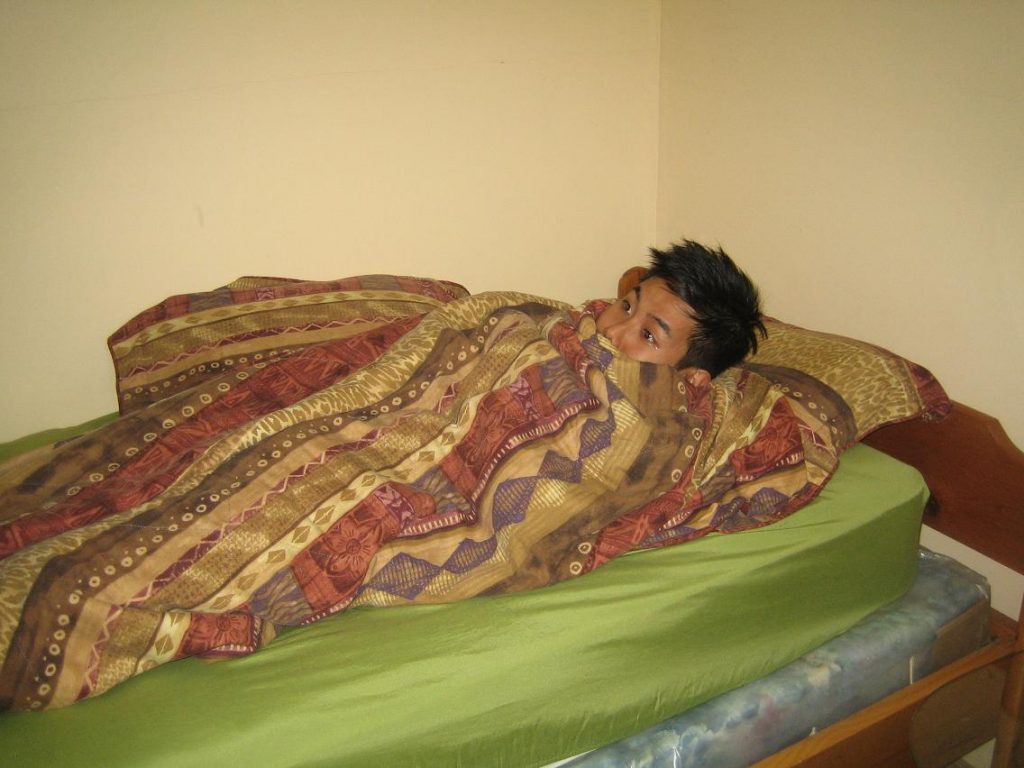Fever in adults or pyrexia is a temperature higher than the normal body temperature. It can be a symptom of some underlying illnesses. It can happen to anyone at any age. Fever usually happens as a response to an infection as with flu virus or the inflammation that occurs on tissue injuries or diseases.
Fever can also be due to drugs, poisons, exposure to heat and abnormalities to the brain as well as diseases of the endocrine system. The normal temperature of the body varies depending on the person, the time of the day and even the weather, but for most people, the body temperature is usually 98.6 F or 37 C. The hypothalamus which is part of the brain controls the temperature of the body. It regulates normal temperature through heating mechanisms such as increased metabolism and shivering as well as other cooling mechanisms such as dilation which is the opening of the blood vessels that is close to the skin and sweating.
Causes
- Fever in adults can be caused by viruses with symptoms such as sore throat, hoarseness, runny nose and muscle aches. The virus can also cause diarrhea or upset stomach.
- Caused by influenza virus with symptoms such as headache as well as muscle and joint pain
- Caused by bacteria which affects almost some organs of the body and treated using antibiotics.
- Animal exposure
Fever in adults can be caused by viruses with symptoms such as sore throat, hoarseness, runny nose and muscle aches. - Fungal infection
- Traveler’s fever develops after exposure to various new foods, insects, toxins and vaccine-preventable diseases such as vaccines for yellow fever and meningitis.
Treatment of fever
- Drink at least eight ounces of water every two hours. Dehydration can cause the body temperature to increase and cause dizziness, headaches, muscle cramps and low blood pressure.
- Wear loose and comfortable clothing to help relax the body and improve circulation of blood. In addition, it promotes cooling of the body.
- Lower the temperature of the room at least at 73 – 77 degrees F in order to help in the fast healing of the condition. If the room is hot or stuffy, an electric fan can help.
- Get plenty of rest in order to help the body heal faster and make the immune system of the body strong. Take time off from work in order to get enough sleep and can be beneficial to the condition.
- Use a pain-reducing medication such as acetaminophen, ibuprofen in order to help lessen the fever.
- Take a warm shower or bath at least 5-10 minutes to help stimulate the sweat that makes the body cool. Relax the muscle and help decongest the sinuses due to cold. Make sure the water is not too hot to avoid increasing the core temperature that can worsen the condition.
- Soak small towels in lukewarm water and apply on the forehead and under the arms to stimulate sweating. It also increases the blood flow and lessen nasal congestion.
FACT CHECK
https://www.mayoclinic.org/first-aid/first-aid-fever/basics/art-20056685
https://www.webmd.com/first-aid/fever-in-adults-treatment
https://www.msdmanuals.com/home/infections/biology-of-infectious-disease/fever-in-adults

